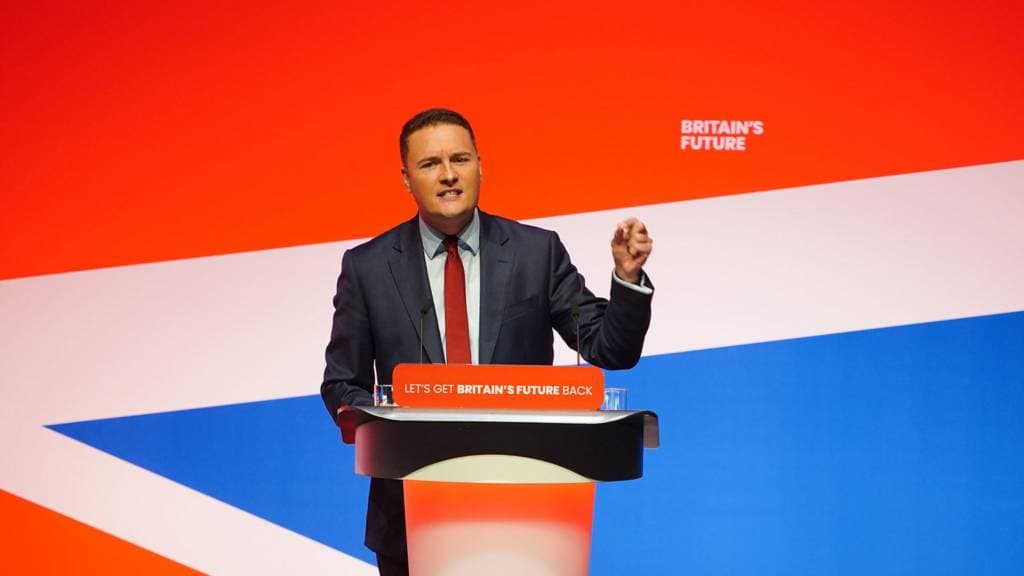The UK’s Labour Party has unveiled plans to save £10 billion ($12.71 billion) by targeting inefficiencies and instituting reforms within the National Health Service (NHS) if it assumes power. The NHS, reeling from the aftermath of the COVID-19 pandemic, faces challenges such as long waiting lists, ambulance delays, and ongoing staff strikes over pay.
Prime Minister Rishi Sunak had previously committed to reducing waiting lists as a top priority among his five key focuses. However, he attributed his failure to meet this goal to the impact of ongoing staff strikes. With an upcoming election expected later this year, Labour currently holds a substantial lead over Sunak’s Conservatives in opinion polls.
Labour’s approach of focusing on reform rather than increasing expenditure on the NHS has drawn criticism from certain unions. Despite this, Labour health spokesperson Wes Streeting, committed to confronting critics of his reform agenda, emphasized that the proposed plan would ultimately result in more funds allocated to frontline services. Streeting highlighted the necessity for reform, stating, “After 14 years of Conservative neglect of the NHS, we are paying more but getting less.”
The Labour plan targets potential savings, including £3.5 billion by ending payments to recruitment agencies covering staffing shortfalls and an additional £1.7 billion by freeing up hospital beds occupied by patients unable to be discharged due to a lack of available community care.

However, the NHS Confederation, representing healthcare organizations, cautioned against budget cuts for a service already grappling with underinvestment. It stressed that capital budgets were being diverted to address rising deficits in the day-to-day NHS budget caused by strikes and other cost pressures. The NHS Confederation called on the next government to prioritize increasing capital funding to alleviate the existing backlog.
Labour’s broader agenda for the NHS includes plans to integrate health and social care, along with initiatives to recruit and retain more healthcare professionals. It’s essential to note that the British government holds responsibility for the NHS only in England, with health policy being devolved to the administrations in Scotland, Wales, and Northern Ireland.














